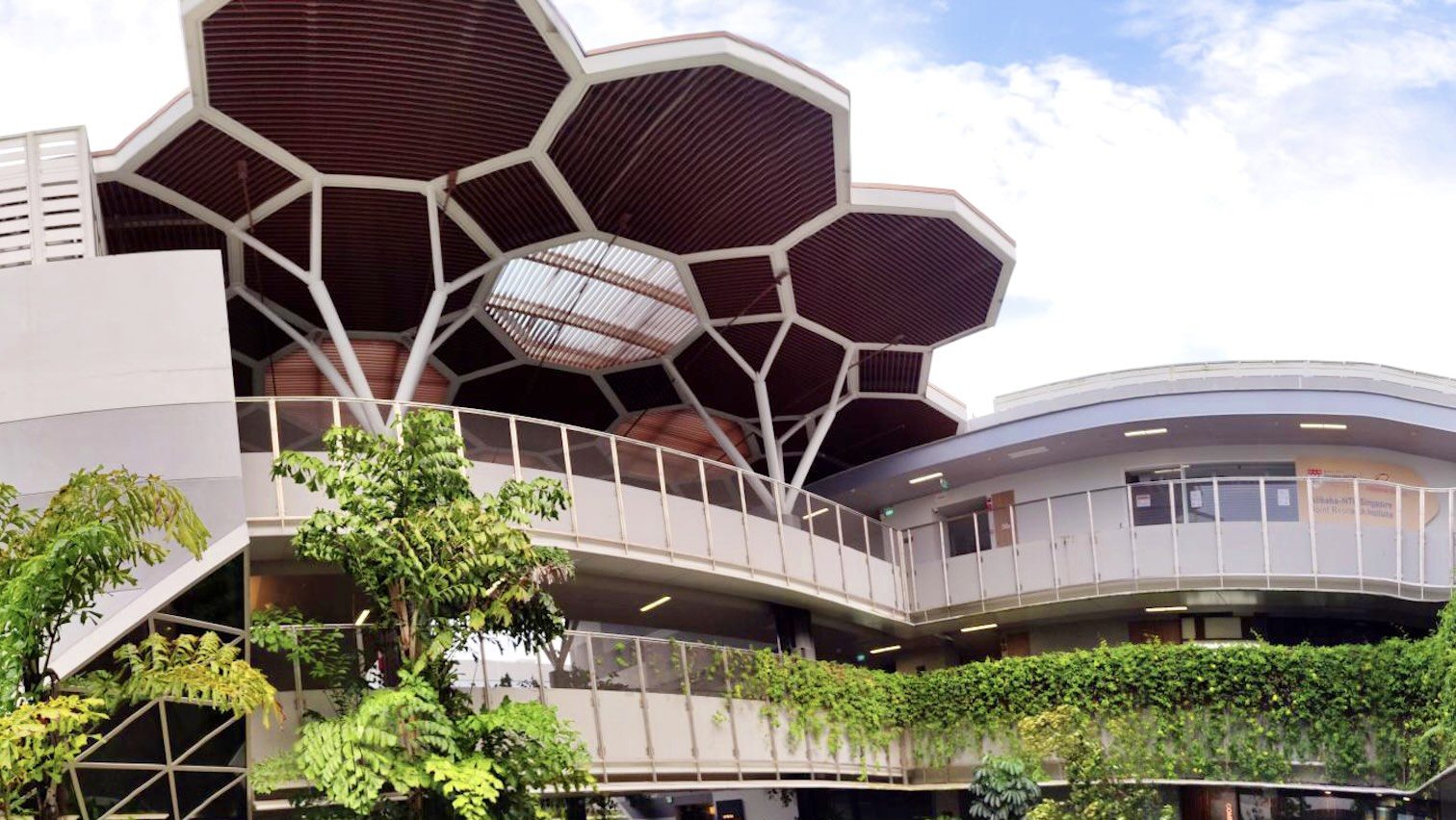SINGAPORE: The top destinations for higher education were identified in the recently released first-ever Global Education Report, with Singapore clinching tenth place.
Global Citizen Solutions, an investment migration firm, ranked more than 70 countries based on five key sub-indices, including university prestige, quality of life, visa options, and post-graduation opportunities.
While the United States, the United Kingdom, Australia, Canada, France, and Germany took the top spots, the report noted: “Singapore has also established itself as a key player in higher education. The country has demonstrated a strong and consistent growth in international student enrollment, solidifying its status as a leading global education hub.”
While there had been around 59,100 international students in 2021, this number grew by 10% to 65,400 in 2022. The year 2023 saw a substantial increase of 25%, with international student pass holders rising to about 79,300.
Many of Singapore’s international students come from nearby nations, including Malaysia, Indonesia, China, and India. The report noted that the latest revenue data are not available. However, even in 2019, the international education sector had already contributed about S$1.2 billion. The report predicted that due to the rising number of students from other countries, the economic impact has likely gone up, “further cementing Singapore’s status as a top destination for higher education and global talent development”.
It mentioned prestigious Singapore universities such as the National University of Singapore (NUS) and Nanyang Technological University (NTU), which are found almost every year on lists of top universities around the globe.
At present, NUS is ranked eighth in the QS World University Rankings.
“Singapore’s focus on innovation, coupled with its safe, multicultural environment, attracts students from across the globe. For families seeking both quality education and stability, Singapore offers an ideal combination, especially with its favourable post-graduation work policies that allow students to seamlessly transition into the workforce,” the report added.
However, it pointed out Singapore’s work visa restrictions and limited post-graduation employment opportunities are drawbacks to skilled graduates staying in the city-state. It recommended that Singapore expand its work visa policies after international students graduate, which would make it easier for them to stay and be integrated into the workforce.
While countries in the West dominate the Global Education Report’s top 10 list, it noted that Asia is rising as an important hub for higher education. China, in ninth place, ranked the highest, followed by Singapore (10th), Taiwan (15th), and South Korea (16th).
The featured photo above is from Nanyang Technological University. /TISG
Read also: NTU tops list of best young universities around the world yet again

